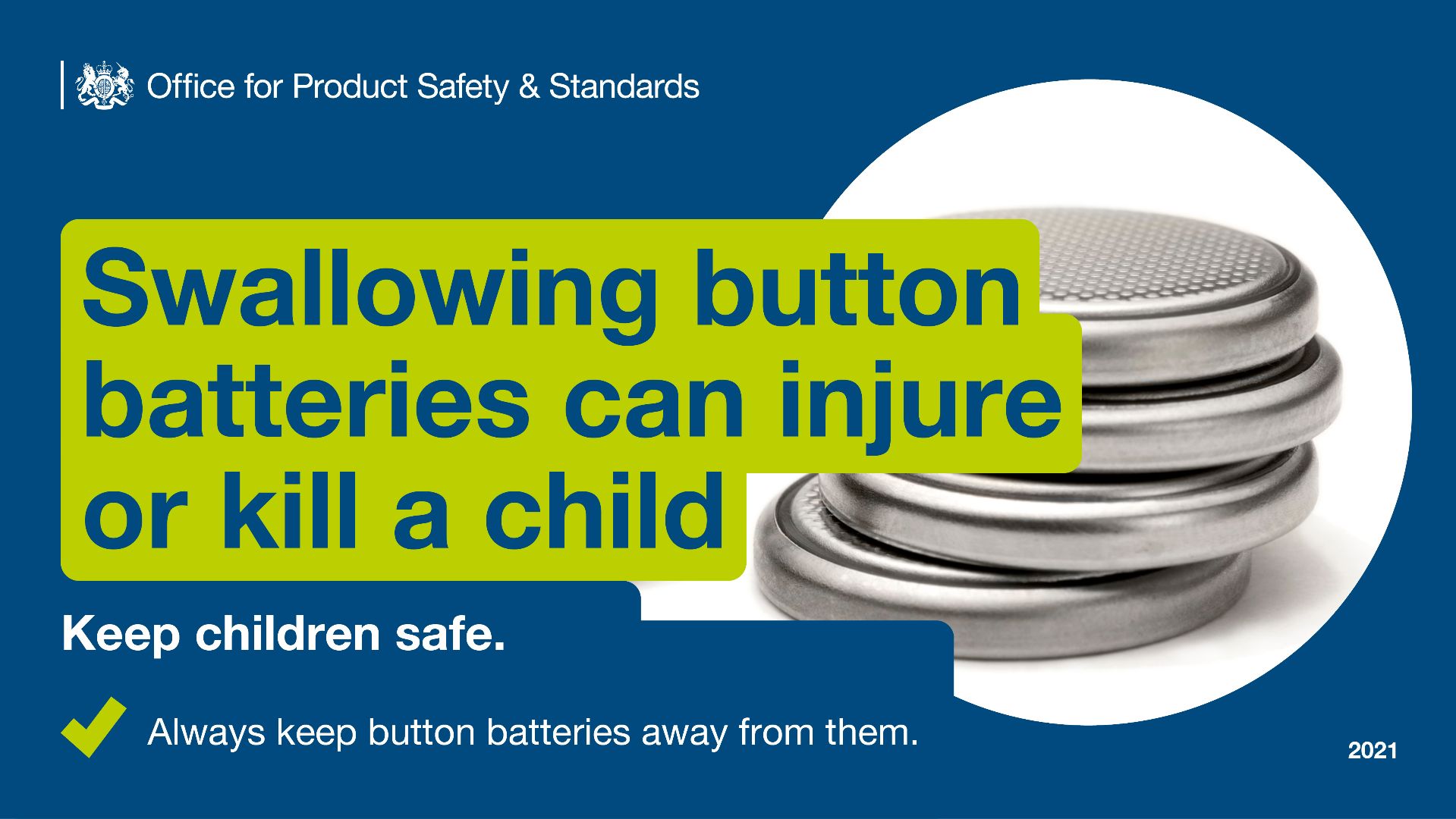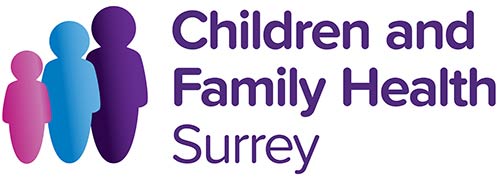
Fire safety
- Keep any Christmas cards, paper decorations and the Christmas tree away from heat sources such as candles, fires or heaters.
- Tea lights and candles should be in an appropriate container to prevent burning through baths and televisions.
- Blow out candles before heading to bed.
- Ensure you switch off fairy lights and unplug them before you go to bed or leave the house.
- Check your Christmas tree lights conform to the British Standard (BS EN 60598). Look out for frayed or loose cords.
- Look out for overloaded sockets or extensions.
- Read more on the Gov.uk website.
Alcohol
- Keep alcohol out of reach as even small amounts of alcohol can poison young children.
- Plan ahead. If you've been drinking, never sleep with your baby. There is a strong link between sudden infant death syndrome (SIDS) and alcohol. If you know that you are going to have a few drinks, arrange for another adult to look after your baby. Find out more on the NHS website.
- After a party, empty any alcohol out of glasses. Children could drink the remains if they get up early to play with their toys.
- Read more on the Drink Aware website.
Visiting family and friends
- Remember they may not have things set up as safely as at home for your little ones.
Cooking
- Watch out for burns, try to keep the kids out of the kitchen if you can and away from the cooker.
- Put coasters in places out of reach of little hands so everyone knows to put their hot drinks down there.
- Discover more ways to prevent burns and scalds
Risk of choking
- Anything smaller than a 2 pence piece can choke a young child.
- Keep glass and fragile decorations out of reach of toddlers.
- Small parts from gadgets or crackers can also be a choking hazard.
Balloons

- If inhaled, a balloon or pieces of a burst balloon can seal up a child’s airway and can be very hard to remove.
- Avoid giving young children balloons to blow up and clear away any broken bits straight away.
- Keep children who are crawling off the floor until balloon pieces are cleared away.
Toys
- Accidents involving toys usually happen when a young child plays with a toy meant for an older child.
- Magnets in toys bought online can be 10 times stronger than legally permitted and if swallowed can cause significant damage to a child’s intestines and bowels.
- Do not give young children products with strong magnets.
- Keep older children’s magnets away from small children.
- Talk to older children and teenagers about the dangers of putting magnets in or near their mouths or swallowing them.
- Christmas novelties and decorations are not toys and do not have to comply with toy safety regulations. Remember to place them high up and out of reach of babies and young children.
- Be aware that toys with long cords that can strangle babies and young children.
- Cheap electrical toys with chargers that can catch fire or wires that can electrocute
- Read more about toy safety on the Child Accident Prevention Trust website.
Button batteries
- If swallowed, a button or coin battery, even flat batteries, can produce a corrosive chemical reaction, which can burn through tissues and be fatal. This can happen in as little as two hours.
- Check that all batteries and magnets are secured inside toys, remote controls and novelty cards and gadgets
- Keep used batteries well out of children’s reach, in a sealed container.
- Take them to a recycling facility as soon as you can.
- Read more about the risks of button batteries on the Child Accident Prevention Trust website.
If you suspect your child has swallowed a button battery

- Go straight to the Accident and Emergency department at your local hospital or dial 999 for an ambulance.
- Do not give your child anything to eat or drink or try to make them sick.
- If you have the battery packaging or the product powered by the battery, take it with you.
- Trust your instincts and act fast – do not wait to see if any symptoms develop.
Read more about what to do if you child has an accident on the NHS website.

